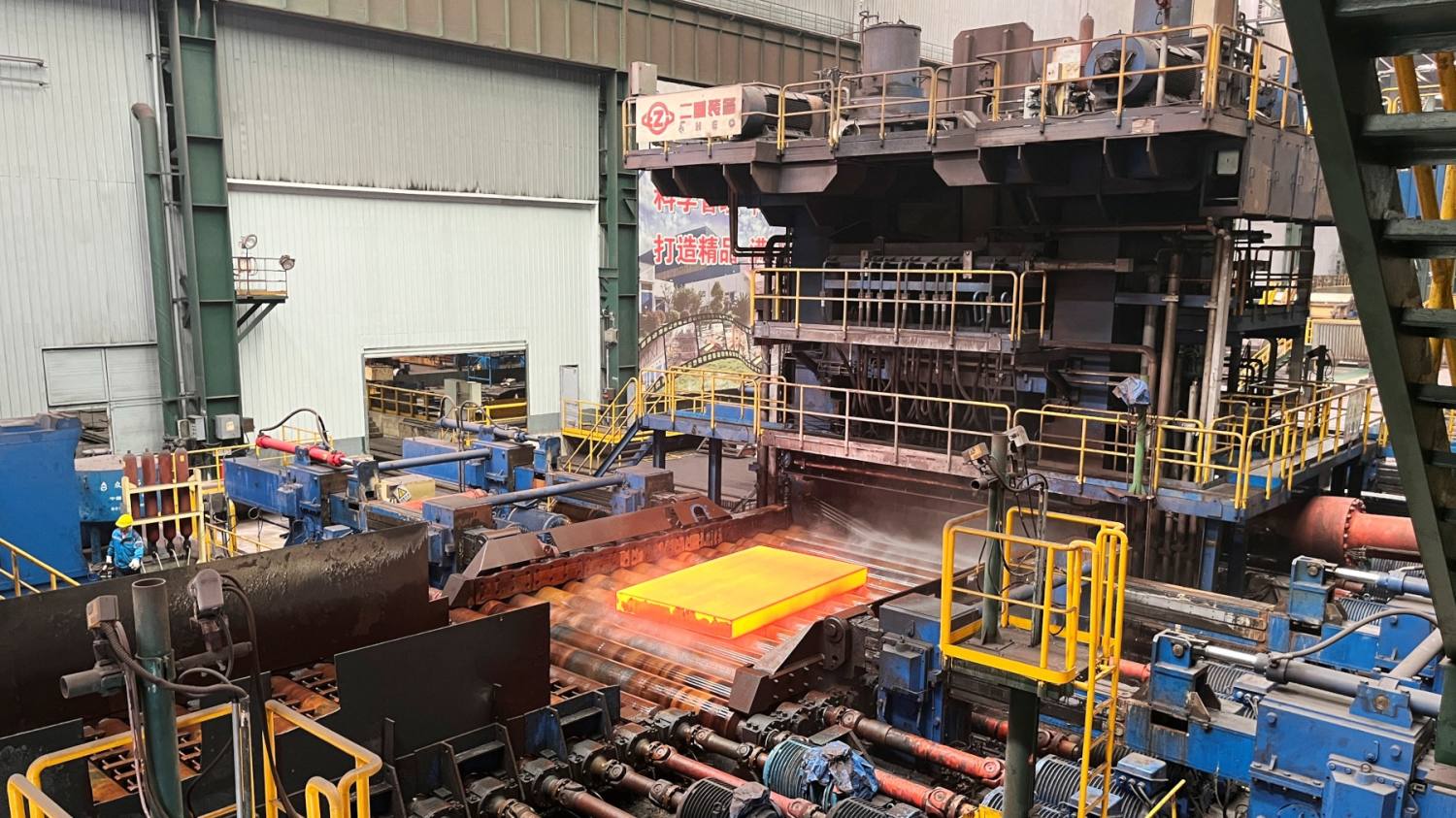"Informed AI News" is an publications aggregation platform, ensuring you only gain the most valuable information, to eliminate information asymmetry and break through the limits of information cocoons. Find out more >>
China's 'Deflation Exports' Impact Global Markets
- summary
- score

China's economy is faltering. Companies are offloading excess steel and goods overseas, driving down global prices. Export prices for 60% of major products have dipped, ranging from steel to food.
Domestic demand is weakening. The purchasing managers' index, a measure of factory health, reached 49.1 in August, marking the fourth consecutive month below 50—the threshold between growth and contraction. However, exports are surging. July's $300.5 billion represented a 7% year-over-year increase, the fourth straight month of growth.
Steel is at the forefront. Prices have fallen by 9%, while exports have risen by 22% to 61.23 million tonnes in the January-July period. A real estate downturn and overproduction have created a steel surplus, inundating overseas markets.
Other nations are responding. The EU has increased duties on Chinese EVs. The U.S. is planning similar actions on EVs and steel. Brazil and Latin American countries have raised steel tariffs, fearing market loss.
China's GDP grew by 5% in the first half, meeting the annual target. However, no significant domestic stimulus has emerged. "Deflationary exports" may intensify to achieve growth targets.
This strategy is putting pressure on global markets, sparking trade tensions. China's economic challenges are spilling over, testing international trade relations.
| Scores | Value | Explanation |
|---|---|---|
| Objectivity | 6 | Comprehensive reporting and in-depth analysis. |
| Social Impact | 5 | Significantly influencing public opinion. |
| Credibility | 5 | Solid evidence from authoritative sources. |
| Potential | 5 | Almost certain to trigger a larger event. |
| Practicality | 4 | Highly practical, applicable to real problems. |
| Entertainment Value | 2 | Includes a few entertaining elements. |